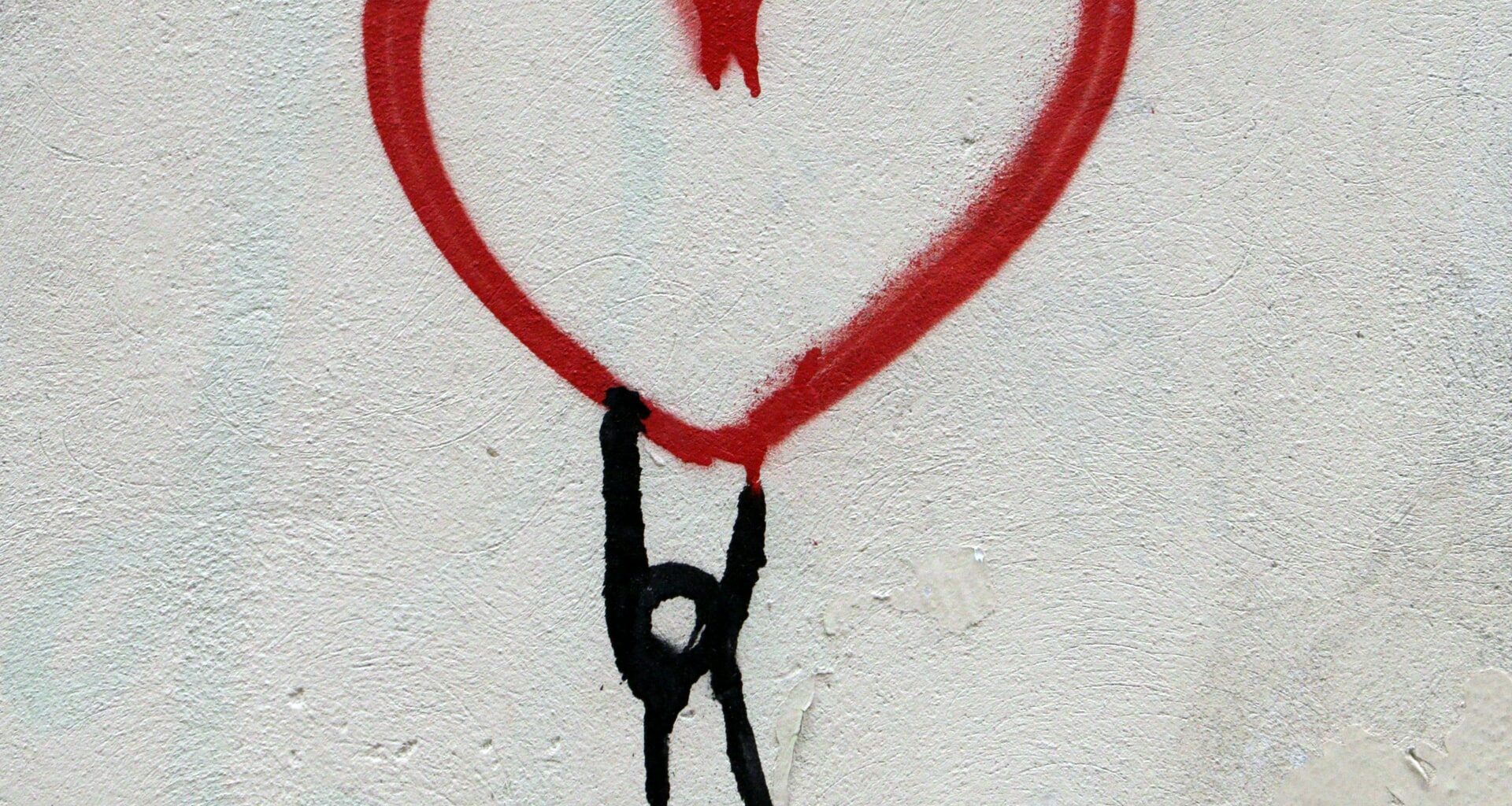There is, supposedly, an evolutionary advantage to tribalism. The phenomenon where we readily identify with members of an in-group, while at the same time shun others who aren’t as an exclusionary out-group, was critical to creating and maintaining social ties that enabled survival in early human life, i.e., tribes. In our modern context, tribalism is also closely associated with self-identity1, where people with some common set of attributes will naturally coalescence into a group.
A painful but powerful corollary, though, is that for all the positives that comes from orchestrating social relationships based on similarities—this can be as simple as, say, cheering for the SF Giants and Golden State Warriors when you live in the Bay Area—the instinct manifests as a much more powerful negative emotion against others who aren’t a part of the team. That is, moreso than associating with like-minded people, human instinct thrives even more in opposition to others.
There are so many stories2 where the impetus for alliance is less about celebrating commonalities, but uniting against common enemies. I was rereading the Watchmen comics, and was reminded that its central mystery revolved around ending a fictional continuation of the Cold War by creating a boogeyman for the world to rally against. In our real world timeline things fell out a bit differently, but it’s worth noting that transitioning from World War II—where the US and Russia were allied against the Axis powers—into the Cold War speaks to same dynamic; countries are most able to work together again an external common threat.
Of course, “us vs. them” permeates beyond nation states. Politics are an arena where voters are asked to pick and stick with a political party, and the US’s two-party system is particularly vulnerable to negative tribal tendencies: it’s shown to be much more effective to attack your opponent than to showcase your own achievements. And it’s not just geopolitical entities either; aspects of racism, sexism, and a bunch of other -isms imply a core belief that certain attributes are inherently better, the basis of which creates social hierarchy. Of all the things, this video essay on how an Asian movie portrays racism does an excellent job showing people internalizing this structure, coercing situations to be zero-sum: “In order for me to win you have to lose.”
In less weighty matters, I’ve been closely following the stock equity markets of the COVID era to try to make sense of this new phenomenon around meme finances. Increasingly, the ticker symbols that garner sharp attention from retail traders and evolve into meme stocks require some kind of opposing force, an “enemy” for amateur retail investors to rally around. Gamestop originally hoisted this banner because it was heavily shorted by a bunch of hedge funds. Nowadays, it’s enough for some bearish3 sentiment to spark a bunch of retail traders to pile on, state their unwavering albeit recently-acquired belief in the stock, and rag against the haters4. Understanding this motivation, next-level stock market manipulation has now traders on Discord boasting claims that certain hated hedge funds are short some stock, primarily to try to spark a rally among other retail investors.
Over and over again, we see that hatred against something is a powerful motivator5. Granted, there are times when opposition inspires advancement—the original Space Race, the Manhattan project, friendly athletic competitions—but more often than not, negativity fuels obstruction and destruction. And though it saddens me that human emotions often follow this path of least resistance, I’ve been more deliberate in looking for positives; it just feels better for mental health.
Though often negatively so.↩
And many based in real history, too.↩
In stock trading circles, bulls are people who invest while expecting the stock price to go up, and bears invest expect the opposite. It’s not too much fun being a bear, as you’re betting against the company doing well.↩
Note though that bears are an important part of a functioning stock market, as a check against unbounded optimism and hype.↩
I’m often reminded of a scene from Inception, when the main character Cobb believes that positive emotions trump negative ones; it works for the plot, but is a tad idealistic.↩

